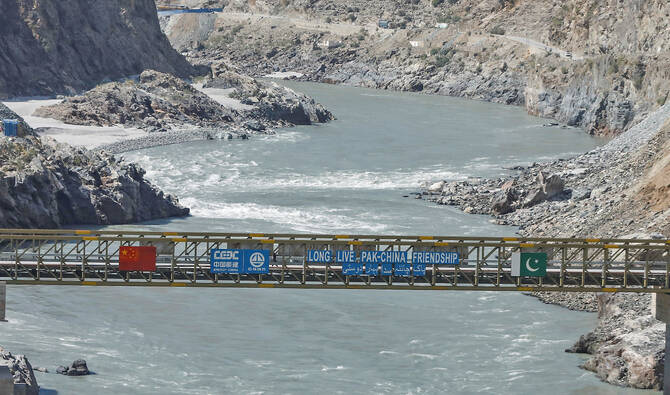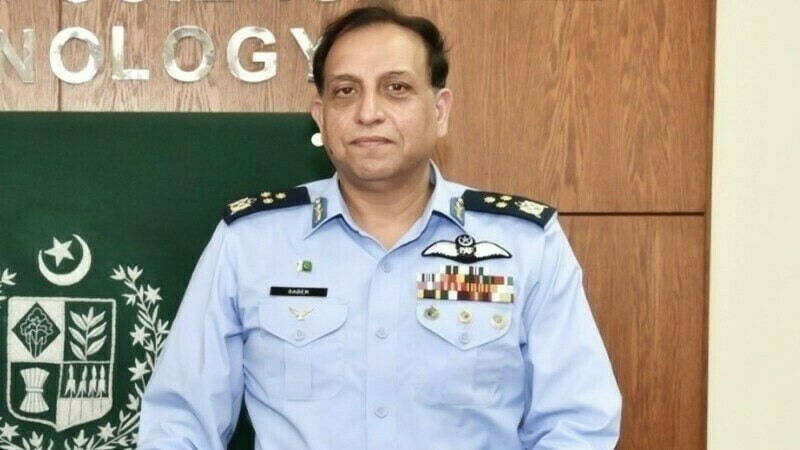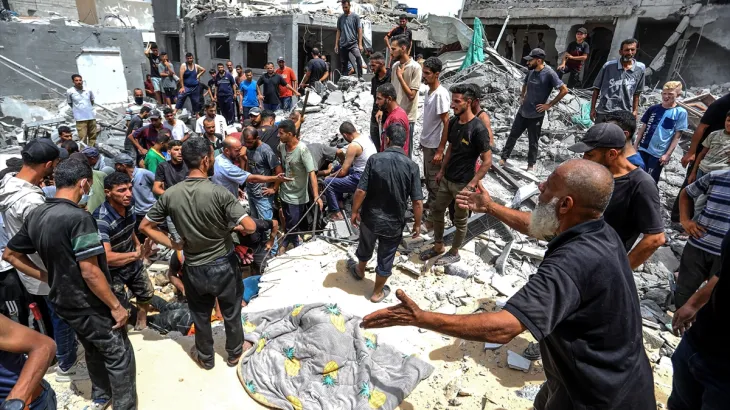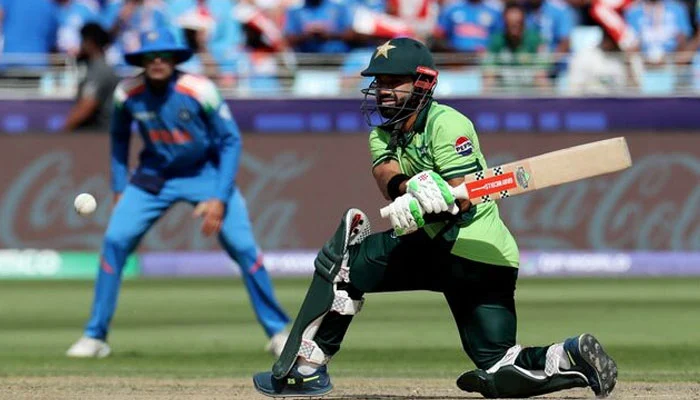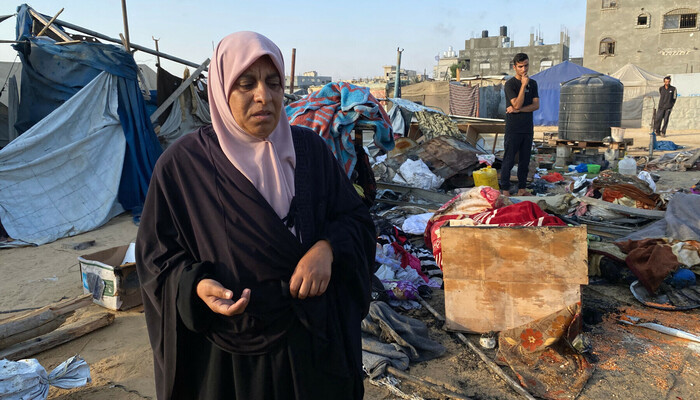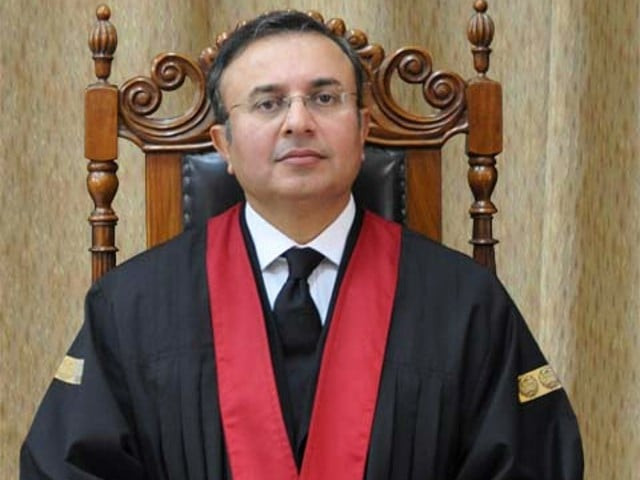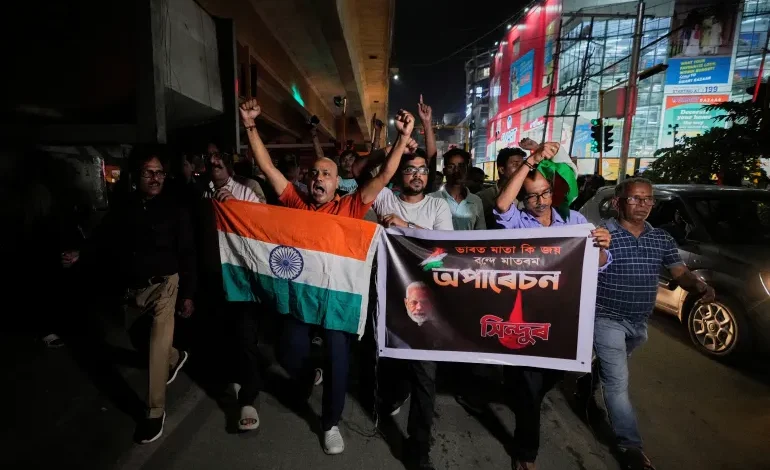
India’s recent India-Pakistan air clash in May has reignited debate over military strategy and political control. A senior naval officer admitted that India lost fighter jets during the conflict due to restrictions placed by its political leadership. The revelation has triggered political controversy and raised questions about the government’s handling of national security.
What Sparked the Clash?
On May 7, tensions between India and Pakistan escalated sharply. India launched Operation Sindoor, targeting nine locations across Pakistan and Pakistan-administered Kashmir. The strikes were a response to an April 22 attack in Pahalgam, where several Indian tourists were killed. India claimed it hit “terrorist infrastructure.” Pakistan reported civilian and military casualties.
In retaliation, Pakistan shot down six Indian jets, including at least three Rafale fighters, according to its military. Both sides confirmed that no aircraft crossed into the other’s airspace during the confrontation. The attacks triggered several days of missile and drone strikes until a U.S.-brokered ceasefire took effect on May 10.
Read: PHC Halts Oath-Taking of Reserved Seat MPAs Amid Dispute
Naval Officer’s Comments Stir Debate
Captain Shiv Kumar, defence attaché at India’s embassy in Jakarta, made revealing comments during a seminar in Indonesia on June 10. While he questioned the exact number of aircraft lost, he admitted, “We did lose some aircraft.” He attributed these losses to political constraints that prevented Indian forces from striking Pakistani air defence or military facilities during the operation.
Kumar’s remarks, initially overlooked, gained attention after Indian media outlet The Wire reported them. The statement quickly sparked backlash from opposition parties, particularly the Indian National Congress, which called the admission an indictment of Prime Minister Modi’s leadership during the crisis.
Opposition Slams Government’s Role
Critics argue that by limiting military options, the government compromised national defense. Meanwhile, the Indian government maintains that military actions must align with strategic restraint and diplomatic goals.
Ceasefire and Future Relations
Although a ceasefire is in place, tensions remain high. India continues to assert that it will not accept third-party mediation, while Pakistan insists on international involvement. With both sides blaming each other and the political fallout growing, the May 7 conflict may have lasting implications for regional stability.
Follow us on Instagram, YouTube, Facebook,, X and TikTok for latest updates



